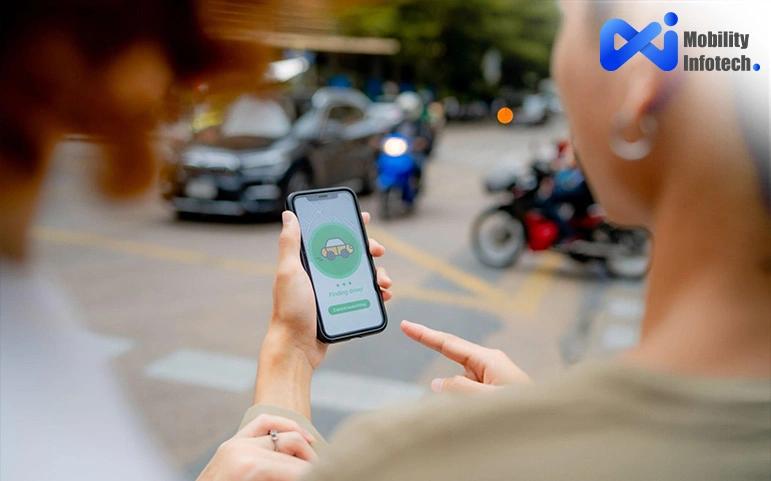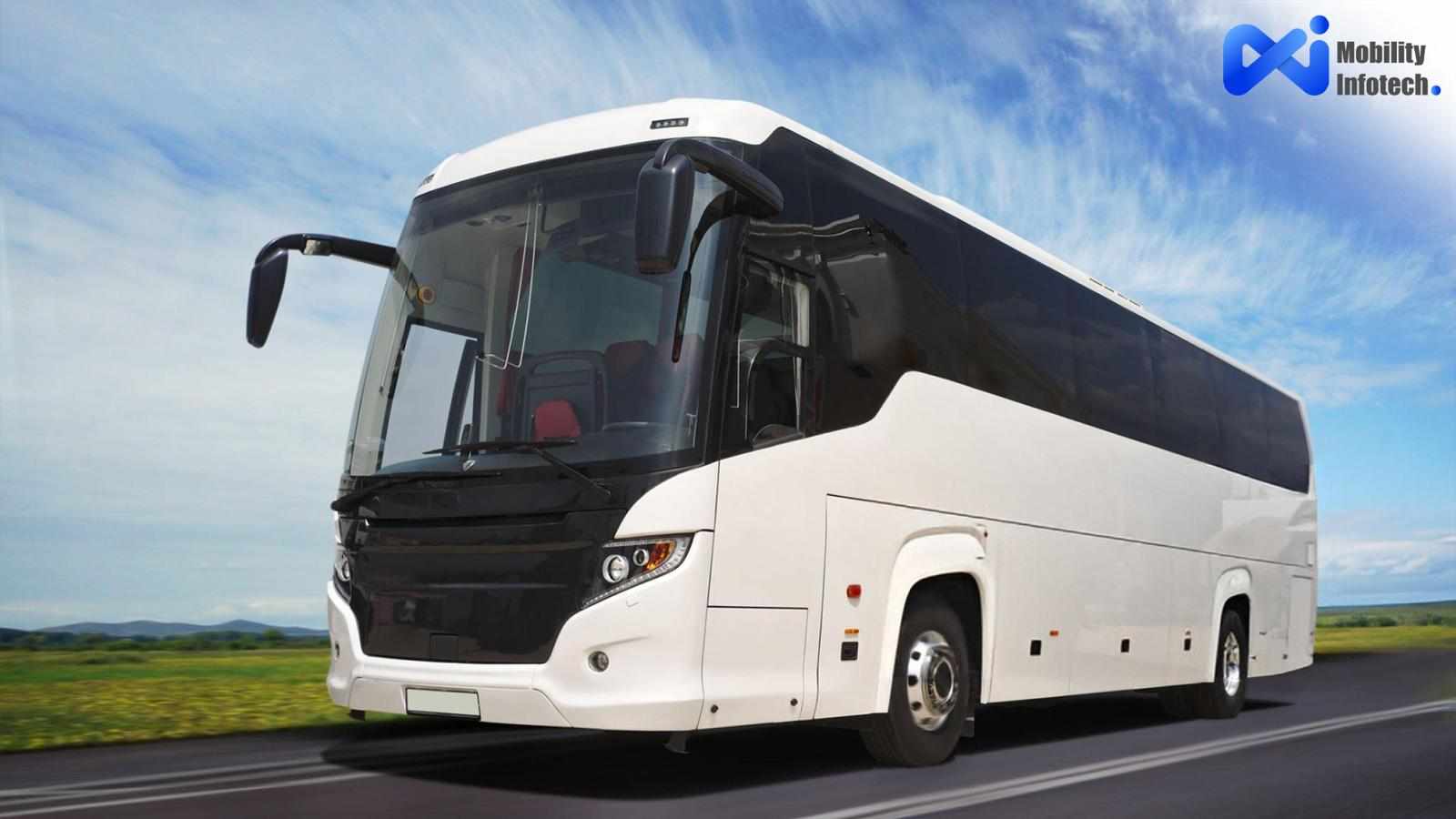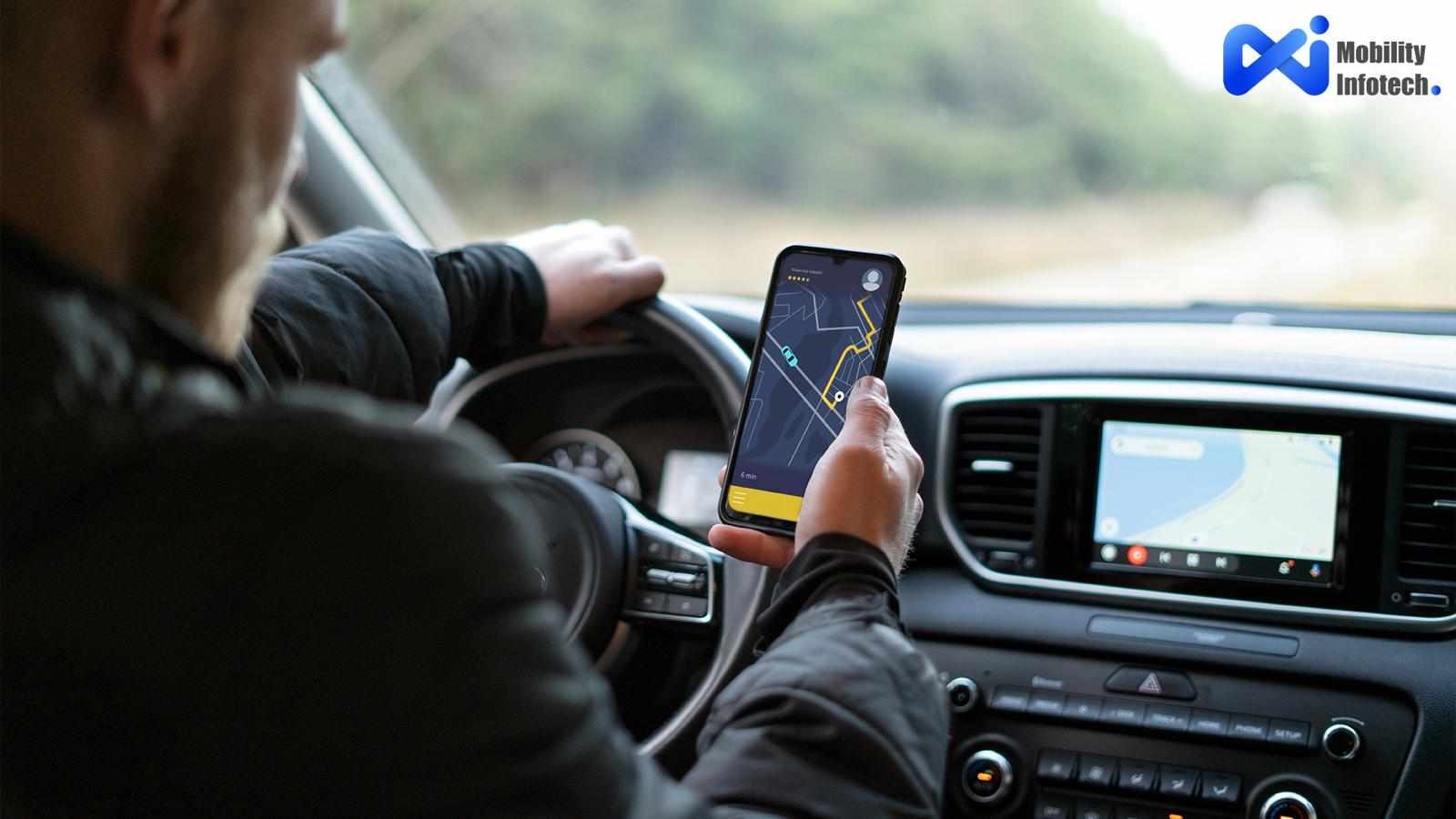
Have you ever been stranded on a busy street in Cape Town or waiting 30 minutes to get a cab in Johannesburg’s unpredictable weather conditions? And in case the answer is yes, you are not alone. South Africa is on the way to developing ride-hailing, yet it has a long way to go. The technology comes in at that point, in the form of a Lyft clone.
A Lyft clone app customized not only to South Africa but also to the cities in South Africa can redefine the industry in a country with a high rate of urbanization, where convenience, cost-effectiveness, and safety are the most important factors. To understand what going digital means, we need to break this concept down and see how this new method has the potential to change the landscape of the ride-hailing industry in South Africa and what role Mobility Infotech can play as the leader in charge.
What Is a Lyft Clone?
Put simply, a Lyft clone is a white label one, i.e., a ready-made product with the same structure, functionalities, and interface dimension as the original product, the Lyft app. It is not merely an issue of duplication, but rather a matter of making it better. They can completely tailor it with their brand, features and market nuances.
This white label clone app has everything you want: rider and driver apps, track in real-time, various payment methods, in-app chat, ratings and reviews, and a mighty admin screen. The benefit? You bypass the years of development and go to market sooner with a tested and mature product.
Why South Africa Is Ripe for Disruption
South Africa is the capitalist heart of the continent, yet there are gaps in its transportation network, including overcrowding, long waiting times for transportation, and safety concerns. This region is already saturated with ride-hailing applications like Uber, so there is room (and demand) to add competitors with more adaptability and local flavor.
Here’s why a Lyft clone app fits perfectly in the South African context:
Affordability Matters:
The commuters in South Africa are sensitive to prices. The Lyft clone can enable a business to attract customers with a low price range, selectable ride categories (economy, premium, bike taxi), and discounts without investing in skyrocketing development costs.
Safety Is Paramount:
By building a custom uber clone app, the domestic businesspeople can incorporate the safety features specific to their solution, including real-time driver identification, SOS keys, and sharing a ride.
Job Creation:
A local ride-hailing platform creates driver jobs and support roles, contributing to economic upliftment.
Local Innovation, Global Standard
What’s beautiful about a Lyft clone is that it brings Silicon Valley-level tech right into Africa’s streets — but with room for cultural and regional customization.
Let’s say you're launching in Durban. You could:
Introduce cash-based payments, which are still preferred by many South Africans.
Use local languages in the interface — isiZulu, Afrikaans, or Xhosa.
Tailor ride options based on the local terrain or high-demand areas like townships and industrial zones.
This isn’t just copying an American model. This is about smart localization, powered by world-class development.
The Role of Uber Clone App Development
Many startups confuse speed with success. They rush to launch without scalable backend systems or without understanding market dynamics. That’s where Uber clone app development comes in — helping startups launch a platform that’s robust, customizable, and ready for long-term success.
Mobility Infotech offers exactly that. With years of experience in building scalable ride-hailing tech, our team crafts Uber clone apps with:
Real-time analytics dashboards
Driver & rider loyalty programs
AI-powered surge pricing
Integrated digital wallets
Compliance features (insurance, local licensing, tax receipts)
So whether you're a new-age entrepreneur, a government-backed mobility initiative, or a local taxi union wanting to modernize, you can launch your own branded platform in weeks — not years.
Taking on the Ride-Hailing Giants
Yes, Uber and Bolt are already here. But that doesn’t mean the market is saturated. In fact, the presence of these platforms has already educated the public — which means less marketing friction for your own app.
What if you could launch a Lyft clone app that gives:
Lower commissions for drivers (Uber’s high cut is a major complaint)
Better customer service
Regional offers for students, elderly, or disabled riders
Carbon offset rides or bike taxi options for eco-conscious users?
That’s not just competition — that’s smart disruption.
Empowering Communities Through Tech
One of the biggest advantages of a local Uber clone app is the community angle. You’re not a foreign company extracting profit — you’re a home-grown platform designed to solve home-grown problems.
You can:
Partner with local taxi associations for smoother integration.
Launch women-only ride services for safety and empowerment.
Offer electric vehicle options to align with green mobility goals.
All of this becomes easier when you start with a flexible, ready-to-customize Lyft clone app that doesn’t limit your creativity.
Final Thoughts
South Africa is ready for a mobility revolution, and a Lyft clone may just be the spark it needs. With high smartphone penetration, urban growth, and a public hungry for safer, cheaper, and faster transport — the opportunity is massive.
At Mobility Infotech, we’re helping entrepreneurs, governments, and innovators build future-ready ride-hailing platforms using Uber clone app development strategies that are tried, tested, and tailored.
So, if you’ve been thinking about building the next big ride-hailing app in South Africa, the time is now — and the tech is ready.
Let’s build the future of mobility together.














Write a comment ...